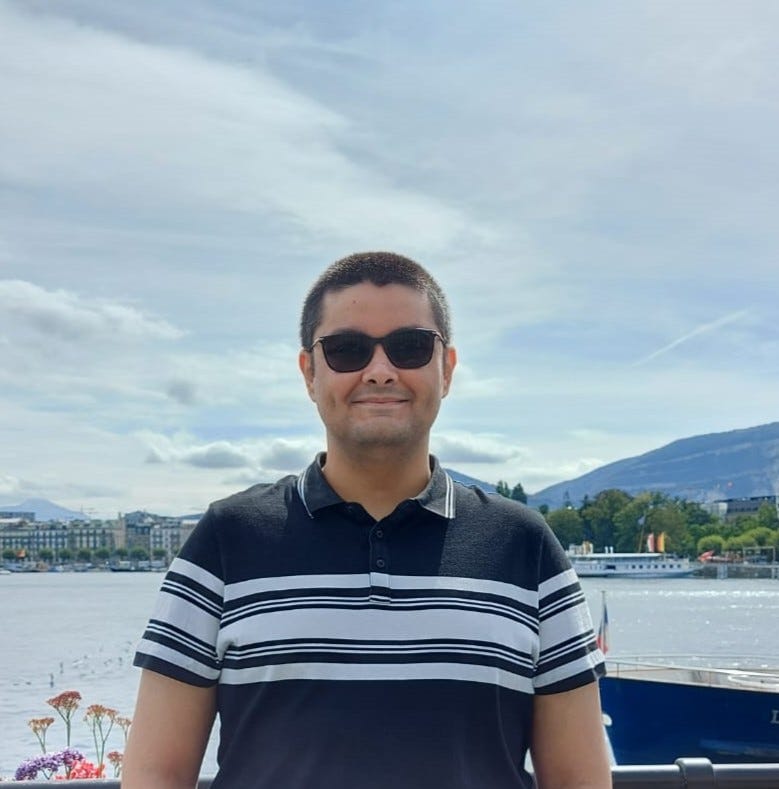The philosophy of memory is a rapidly growing domain of research in contemporary philosophy. Recent years have seen a surge in the number of conferences, articles, books, and edited collections dedicated primarily or exclusively to exploring issues concerning the metaphysics, epistemology, ethics, and politics of remembering.
Since 2017, one of the main venues for the dissemination of such research has been Issues in Philosophy of Memory (IPM), a biannual meeting dedicated to promoting philosophical work on memory. Sponsored by the Philosophy of Memory Organization (PhOMO), IPM has taken place in different parts of the world, attesting to the very international and dynamic character of the philosophy of memory community.
After successful meetings held in Cologne (Germany) in 2017, Grenoble (France) in 2019, and Durham, NC (USA) in 2022, the fourth iteration of Issues in Philosophy of Memory (IPM 4) will take place in Geneva (Switzerland) from June 25-28, 2024.
IPM 4 will feature a total of 9 keynote talks, 44 contributed papers, and 1 book symposium over a period of four days. Researchers from 18 different countries will participate in IPM 4: Australia, Brazil, Canada, China, Czech Republic, Denmark, France, Germany, Israel, Italy, Japan, Netherlands, Poland, Switzerland, Taiwan, Turkey, United Kingdom, and the United States. The conference is organized by André Sant’Anna (Geneva), Fabrice Teroni (Geneva), and Andrea Rivadulla Duró (Geneva) and is supported by the Swiss National Science Foundation and the University of Geneva.
The Conference
The conference will be opened by a keynote talk by Katherine Puddifoot (Durham), in which she will discuss a moral encroachment approach to memory. Puddifoot’s keynote will be followed by parallel sessions discussing the topics of memory and confabulation, memory, testimony and introspection, and the functions and nature of episodic memory. The conference will resume in the afternoon with a symposium on Felipe De Brigard’s (Duke) recent book, Memory and Remembering (CUP 2023), with commentaries by Andrea Rivadulla Duró (Geneva), Marta Caravà (Purdue), Kourken Michaelian (Grenoble), Juan F. Álvarez (Grenoble), and James Openshaw (Grenoble). The book symposium will be followed by parallel sessions discussing the relationship between memory and emotion, the nature of forgetting, and non-occurrent memories. The first day will close with Margherita Arcangeli’s (EHESS) keynote talk, in which she will discuss what aphantasia can teach us about episodic memory.
The second day of the conference will begin with a keynote by Robert Hopkins (NYU) discussing the singular character of episodic memory. The morning parallel sessions following Hopkins’ keynote will deal with issues related to types of memory, episodic memory and counterfactual thinking, and epistemological perspectives on remembering. The conference continues in the afternoon with parallel sessions focusing on the topics of remembering general events, memory and Alzheimer’s, and intrusive memories, with a keynote talk by Richard Heersmink (Tilburg) discussing narrative niche construction. Activities on the second day will be followed by a visit to Geneva’s Jardin Anglais and the city’s iconic Jet d’Eau, after which participants will head to the conference dinner.
Kristina Liefke (Bochum) opens the third day with a keynote talk arguing that mnemic scenarios can be understood as pictures. The morning parallel sessions will concentrate on questions concerning the nature of memory traces, preservation and generation in remembering, and memory and autobiography. The afternoon session will host the business meeting of the Philosophy of Memory Organization (PhOMO), followed by parallel sessions on the topics of memory and distributed cognition, and human and computer memory. The third day will close with a keynote talk by Albert Newen (Bochum), in which he will discuss the relationship between episodic memory and the self-model.
The fourth and final day of the conference will feature three keynote talks. The first one, by Changsheng Lai (Shanghai Jiao Tong), will discuss and defend a memory-first approach to knowledge. Lai’s keynote will be followed by parallel sessions on the success conditions of remembering, perspectives on memory research, and embodied perspectives on remembering. The afternoon session will feature the second keynote talk by Johannes Mahr (York), which will discuss the conceptual space of episodic thought. The last two parallel sessions of the conference will be held after Mahr’s talk and will focus on Husserlian perspectives on remembering and simulationism. Finally, the conference will come to a close with the third keynote of the day, given by Matthew Soteriou (KCL), who will discuss questions related to temporal perspective in the episodic recollections of a time traveler.
The breadth of subjects addressed in the keynote and contributed presentations gives us confidence that contributions to IPM 4 will not only promote existing conversations in the field but also establish new avenues of research that will undoubtedly diversify the research agenda of philosophers of memory. We are thus eagerly looking forward to the conference and to witnessing the fruitful outcomes it will bring to the future of the philosophy of memory community.
Bio
André Sant’Anna is an Ambizione Fellow in the Department of Philosophy at the University of Geneva, Switzerland.


